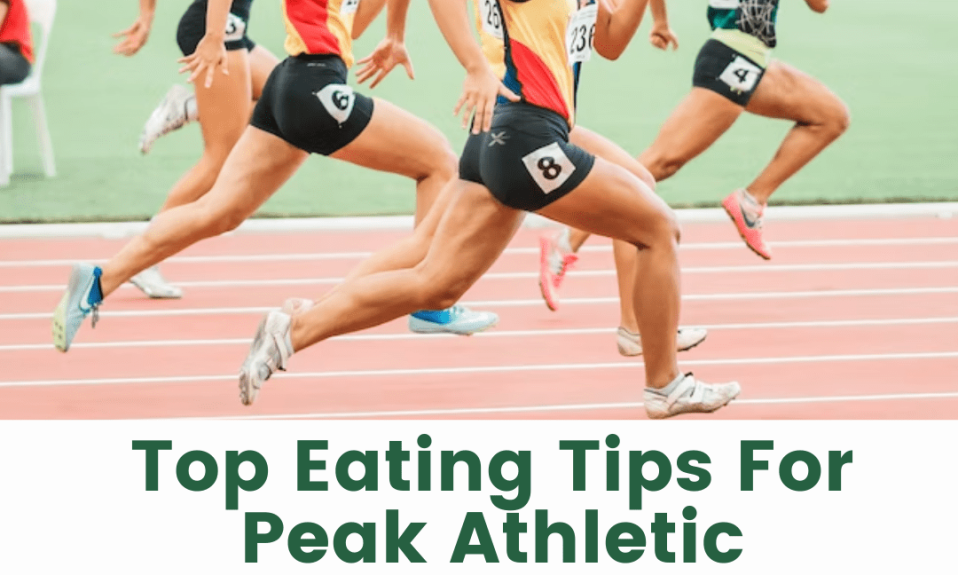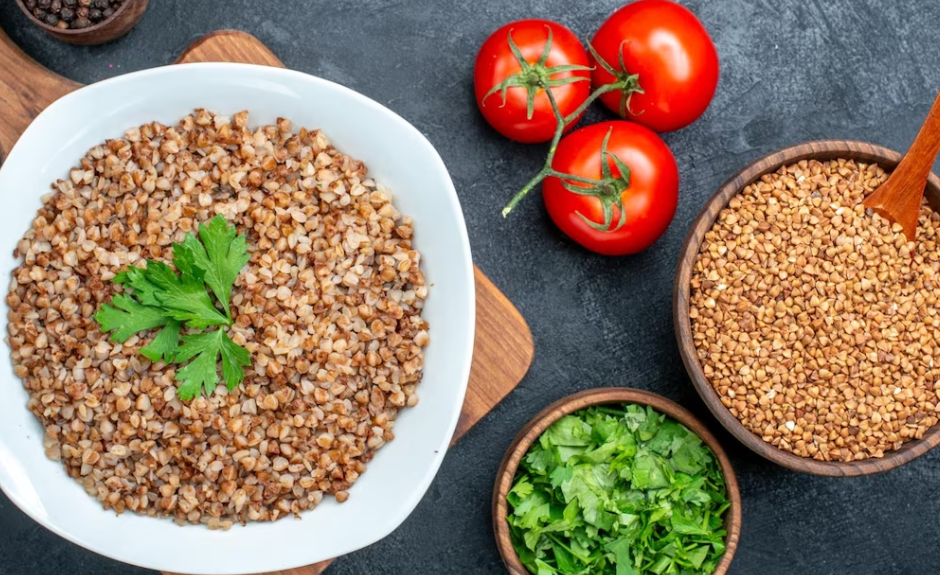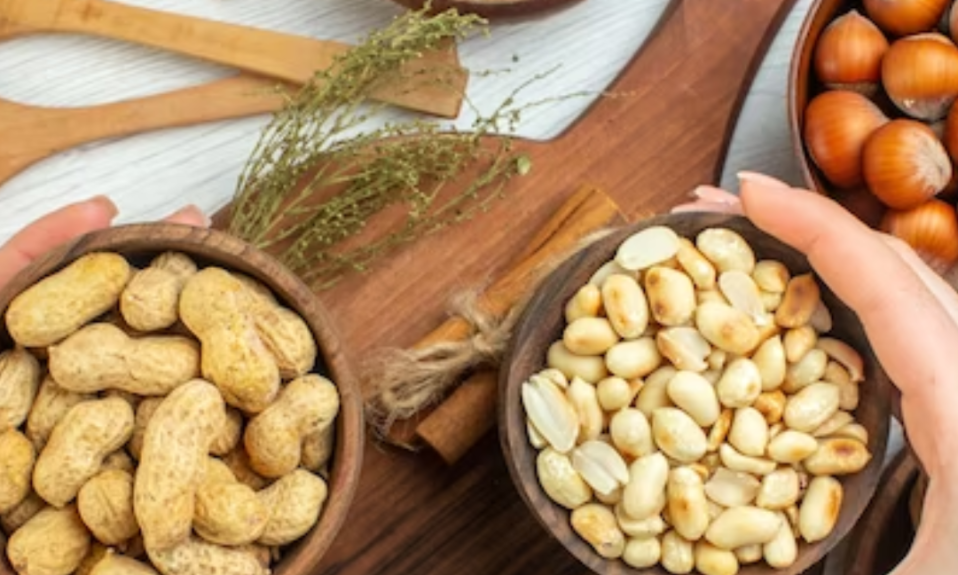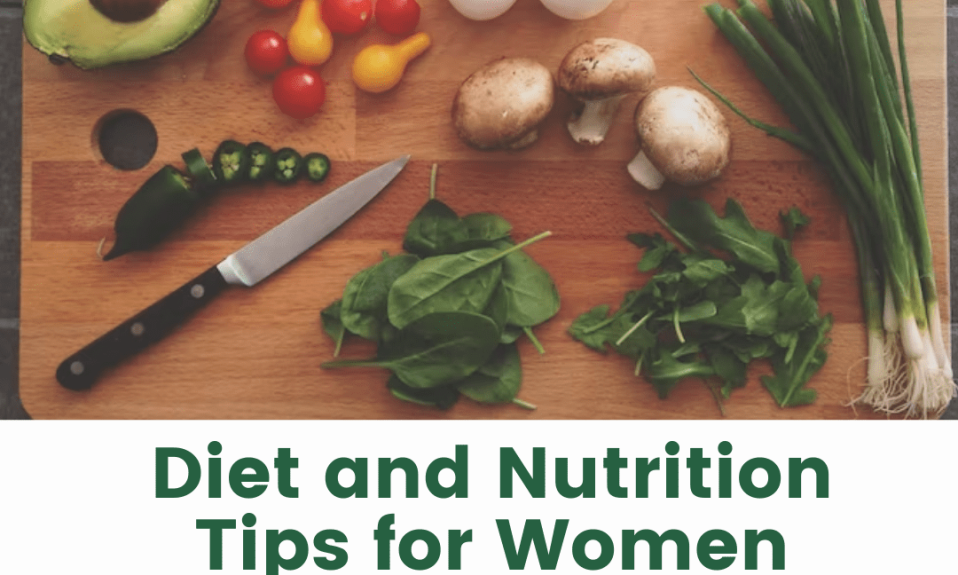To achieve a competitive advantage, athletes need to have a well-planned diet that supports their daily training and recovery needs. This means considering the physical demands of competition and training and designing a nutrition plan that helps to optimize performance.
The following tips can help you achieve peak nutrition for your athletic pursuits.
Food energy
Athletes generally require more energy than the average person due to their physical activity levels.
Male & female athletes, especially those who are still growing, may need to consume more than 2,400-3,000 and 2,200-2,700 calories per day, respectively. The amount of energy provided by a particular food is determined by its macronutrient content, which includes carbohydrates, fat, and protein.
- Macro-nutrient should be greater than the Energy content.
- The intake of Carbohydrates should be greater than 4 Kcal/gram.
- Protein intake should be greater than 4 kcal/gram.
- The alcohol amount should be greater than 7 kcal/gram.
- Fat should be greater than 9 kcal/gram.
Athletes need to be aware that alcohol, while not a macronutrient, is high in calories and can lead to weight gain. This is something to consider when making nutrition choices.
- Carbohydrates are the primary energy source for high-intensity activities. They can be found in healthy foods such as vegetables, fruits, whole grain cereals, kinds of pasta, and bread.
- Dietary fat is important for meeting energy needs and maintaining healthy hormone levels. Healthy sources of fat include nut butter, nuts, avocados, olive oil, and coconut oil. It is advisable to limit the use of vegetable oils such as corn, cottonseed, or soybean oil.
- Protein is vital for muscle repair and growth and can be obtained from sources such as eggs, lean meats, and dairy products like milk, yogurt, cottage cheese, and legumes.
Requirements Of Proper Sports Nutrition
- A daily plan that involves eating a wide range of fruits and vegetables is key to maintaining proper nutrition. Aim to consume at least five servings of different colored produce daily, with each serving being roughly the size of a baseball.
These nutrient-rich foods not only provide energy and support recovery but also contain antioxidants that can help you fight off illnesses such as colds and flu.
- Whole-grain carbs like whole-wheat bread and pasta, as well as fiber-rich cereals, can provide a boost of energy.
On the other hand, refined grains and sugary options like white bread, bagels, and sugary cereals should be consumed in moderation. Healthy sources of protein like legumes, fish, nuts, eggs, turkey, chicken, and peanut butter can also be included in your diet.
- Maintaining proper hydration is essential for optimal performance, as even a small drop in hydration levels can have negative effects. Beverages like water, milk, 100% fruit juice, and sports drinks can help you stay hydrated.
It’s important to note that sports drinks and fruit juice may have higher sugar content, and whole fruits offer more health benefits than fruit juice. Additionally, it’s important to distinguish between sports drinks like Gatorade and “energy” drinks like Red Bull, as they are not the same.
- Whole foods, as opposed to heavily processed options, should be the preferred choice whenever possible.
Tips For Proper Sports Nutrition
Hydration
Proper hydration is crucial for athletic performance, and it’s a good idea for athletes to have a specific hydration plan in place. During training, it is recommended to drink at least:
- Two cups of fluid before beginning the exercise
- Four to six ounces of fluid every 15 minutes of training
This will help ensure that you are well-hydrated and able to perform at your best.
Your hydration needs after exercise or training depend on the amount of fluid you have lost before and during the activity. To accurately assess your fluid losses, weigh yourself before and after your workout. For every pound of weight lost, replace it with 16 ounces of fluid. Some good options for post-workout hydration include water, low-fat milk, or 100% juice. Sports drinks are best saved for competitions, where rapid electrolyte replacement and hydration are necessary.
Game day nutrition
Here are some key tips to keep in mind when it comes to nutrition on game day:
- Proper nutrition for a big event doesn’t just happen on the day of the competition. It’s the result of good nutrition in the weeks, days, and months leading up to the event.
- Don’t try out a new dietary or supplement plan on game day. Test it out during a practice session first to make sure it agrees with you.
- As you get closer to the competition, reduce the size of your meals. You may also want to limit dairy, fat, and fibrous carbs in the last hour or an hour and a half before the event, as they can cause gastrointestinal issues.











